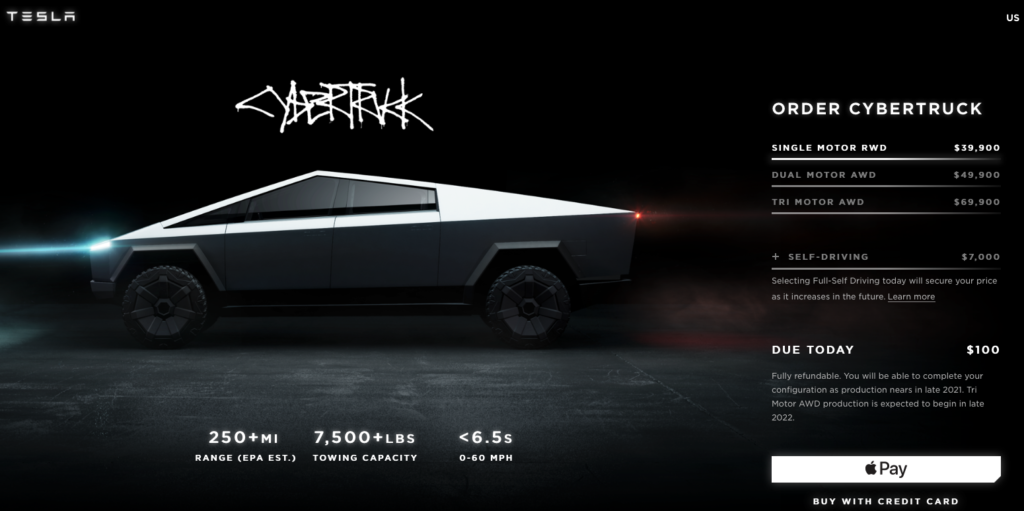Lincoln Electric SUV to use Ford-backed Rivian ‘Skateboard’ Chassis
DETROIT — A battery-powered Lincoln SUV, due in mid-2022, will be the first Ford Motor Co. vehicle built on a custom electrified chassis that resembles a skateboard, which was developed by Ford-backed startup Rivian, according to several people…
